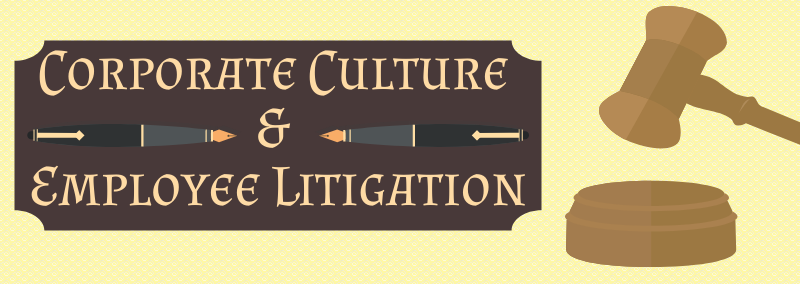McDonalds CEO Seeks to Change Corporate Culture
Corporations and institutions with relative high visibility have a lot to lose when internal misconduct is exposed. If you are an institution, such as a school, prison, or government body, internal misconduct can strongly shake the public’s confidence in how that misconduct will impact the groups and communities being served. Embarrassing, pervasive issues, such as […]
Sexual Harassment & Corporate Culture Audits
The #MeToo movement has fundamentally changed the conversation around reporting and documenting allegations of sexual harassment in the workplace. Victims of this harassment have previously been restricted by a pervasive culture of silence and shame within the workplace—a culture where reporters are vilified and characterized as dishonest people with an axe to grind. Now, with […]
Corporate Culture & Employee Litigation
